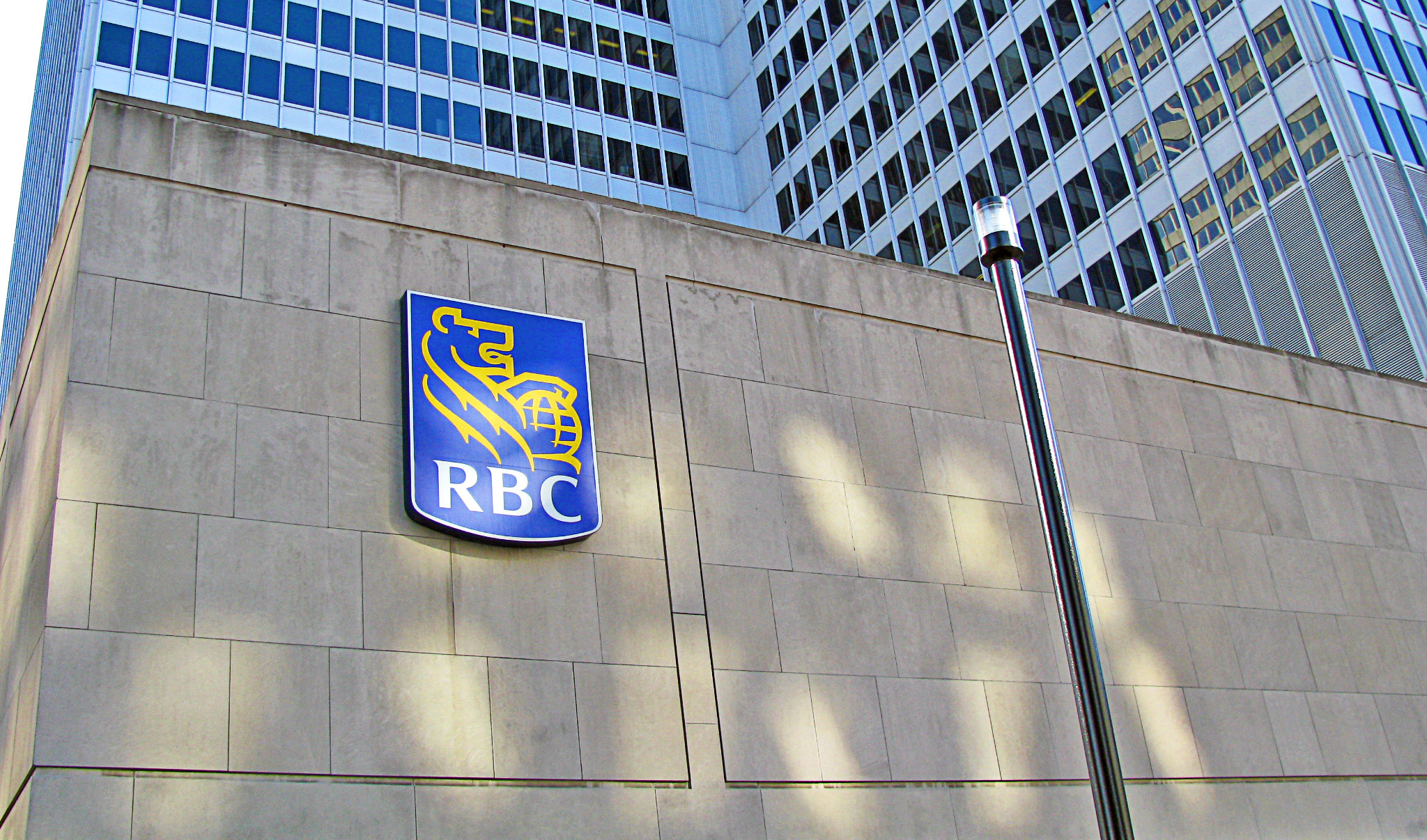Like this article? rabble is reader-supported journalism. Chip in to keep stories like these coming.
It seems like the simplest story to tell these days is the negative impact that oil and gas is having on Canada’s economy.
It’s simple because in many places in Canada, the downturn has devastated thousands of workers, their families and communities. When oil and gas prices tank, so too do provincial revenues (if your province was smart enough to charge a fair rate — ahem, Alberta).
CBC’s The Current has spent its week in Newfoundland, talking to families, workers and politicians about the difficult situation they’re dealing with as a result of this downturn and the loss of revenue.
Canada’s major banks have also picked up this narrative. They have forecasted that, eventually, their revenues will take a dive due to the oil and gas slowdown.
Last June, they tried to impose new user fees across the board. Sunny Freeman reported for the Huffington Post that the fees were supposed to help insulate the industry from oil and gas-related losses.
Seniors would be most impacted by the proposed fee schedules.
In January, the banks announced another set of new bank fees. From a $5 fee to cancel an online Interac transaction to a $75 fee to move a TFSA account to another financial institution, the nickel and diming of Canadians continues.
Banks are not in dire straits because of the drop in oil and gas revenues. The major banks all posted record profits in 2015. They’re doing so well that it’s probably the case that one lucky employee’s job is to rub bills all over his belly on behalf of shareholders everywhere.
The Royal Bank of Canada reported that its first quarter earnings for 2016 are essentially flat compared to 2015. It’s on track to at least meet 2015’s record profits.
And, to celebrate, it gave their CEO a stupid-huge raise: up 44 per cent to nearly $11 million.
Call me traditional, but I can’t believe that anyone is worth $11 million per year — and certainly not someone whose job it is to oversee an organization that is obsessed with bleeding its customers dry.
Considering the low returns in the most basic banking options, maybe it’s time for Canadians to go back to mattress-stuffing. Or, at least, switch to a credit union.
But in an age where politicians throw around fiscal deficits and public debts as arguments for why social services must be cut (or worse, privatized), what does it say about our society that men can make so much money simply for heading up an organization?
There was a time where greed was considered to be obscene — and for good reason: greed is a repulsive human characteristic. Parents of young children near-universally insist that their kids share. People routinely open their wallets, their homes and their arms to others in need.
Surely, our banks could be forced to divest some of their money-hoarding for the greater good.
Canada’s banks are subject to Canada’s corporate tax rate of 15 per cent but they don’t actually come close to paying it. Their effective tax rate includes taxes that they pay on investments in jurisdictions that have significantly lower corporate tax rates than Canada does. In 2009 for example, TD Bank’s effective tax rate was just 7.6 per cent.
Compare this to the federal top marginal tax rate for the highest income earners, which is 29 per cent (this rate is significantly lower than the top marginal tax rates in each of the provinces).
While greed may not be illegal, theft certainly is — and these practices amount to state-sanctioned theft. Every dollar that is handed over to shareholders or hidden offshore away from the Canada Revenue Agency is money that could be helping to pay for public services. After all, if the banks use our money to invest and make even more money, if they use our pension earnings and our user fees to boost their profits, they should be responsible for paying more back into the public purse.
These problems are systemic: they don’t rest alone with corporations. We know that Canada’s highest income earners are, quite literally, colluding with private firms and the Canada Revenue Agency to shield their money from taxes.
How many people who profit from the five big banks’ profits are also stashing their dividend earnings offshore?
Canada’s most profitable, whether individuals or corporations, need to be reined in. After all, no just society can exist with income inequality so polarized. We need to see austerity policies through this lens: the money for health care and education exists, it’s just being hoarded by the ultra-greedy one per cent.
Like this article? rabble is reader-supported journalism. Chip in to keep stories like these coming.
Image: Wikimedia Commons



